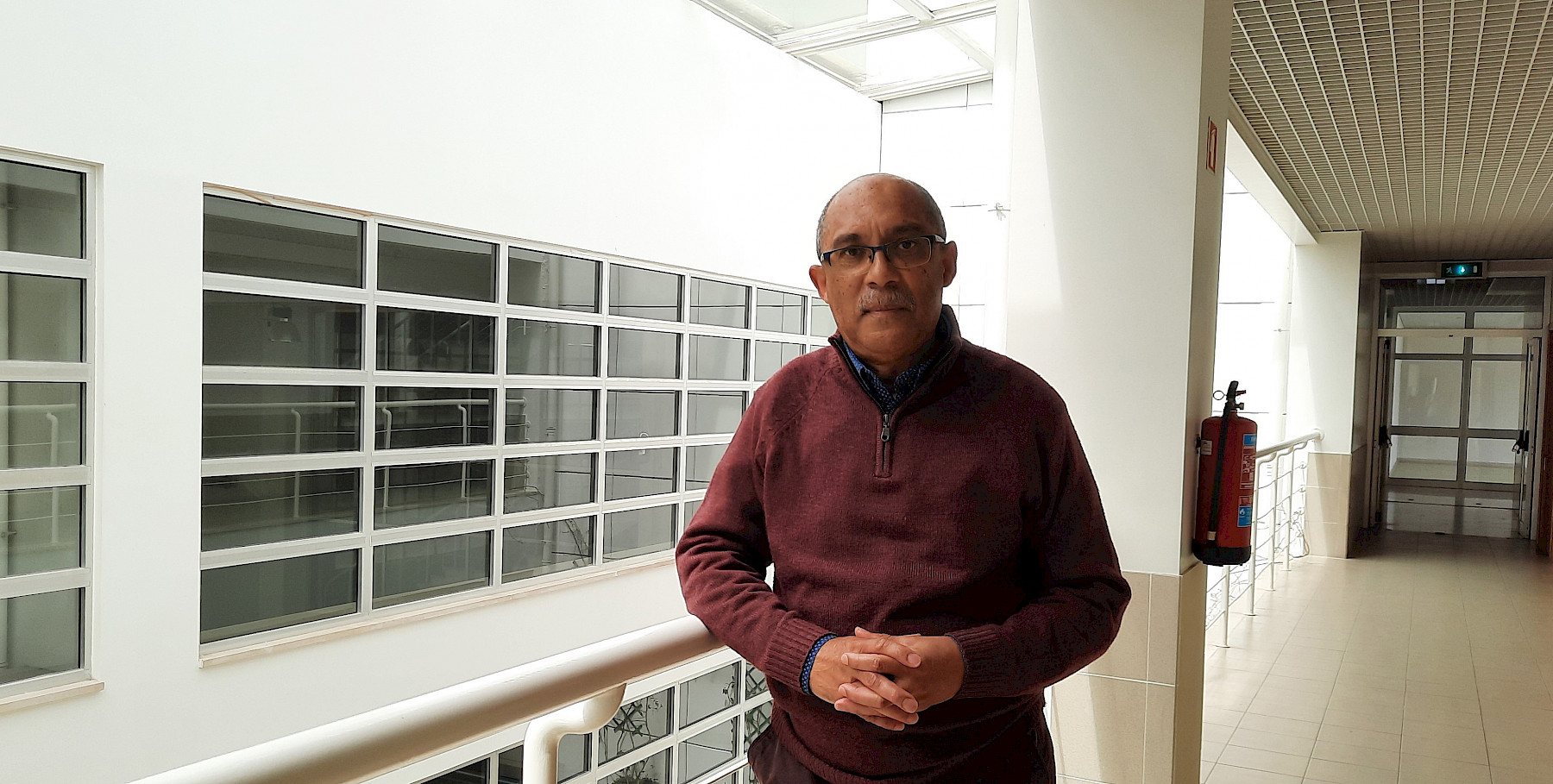MORfood, the project that wants to help fight malnutrition in the world
The project focuses on the production of microcapsules rich in bioactive compounds extracted from Moringa oleifera, known as the plant of life, to be added to certain foods (bread, yoghurts and juices) for school children aged 4 to 10.
English version by Diana Taborda
Fighting child malnutrition in developing countries is the main goal of the project "MORfood - Microencapsulation of Moringa Oleifera extracts and its application in functional foods", led by Licínio Ferreira, a researcher at the University of Coimbra (UC).
The 3-year project has funding of around 230 thousand Euros granted by the Portuguese Foundation for Science and Technology (FCT) and Aga Khan, a foundation that supports projects in the areas of health and education, namely scientific and technological development aimed at improving the quality of life on the African continent.
MORfood focuses on producing microcapsules that are rich in bioactive compounds extracted from Moringa oleifera, known as the plant of life, which will be blended into certain foods (bread, yoghurts and juices) for schoolchildren between the ages of 4 and 10.
Moringa oleifera, a species native to northern India, Pakistan and Afghanistan, and widely cultivated in tropical and subtropical countries in Africa, Asia and Latin America, is one of the "most nutritious plants in the world. It has many proteins, vitamins and minerals such as calcium and potassium. It is a plant that is already used by African populations to combat a wide range of pathologies, such as asthma, bronchitis, hypertension and diabetes, among many others. Our study focuses on leaf extracts, the part of the plant with the most nutrients", explains Licínio Ferreira, FCTUC professor and researcher at the Chemical Process Engineering and Forest Products Research Centre (CIEPQPF).
According to the study coordinator, the team relied on microencapsulation to enrich foods because it is a technology that has many advantages, for instance, "it protects the biological activity of some compounds that are extracted from the plant and that would otherwise deteriorate. For example, in the case of bread, one of the foods we selected, microcapsules can be introduced into the flour itself, and if the compounds were not inside these microcapsules, their properties would degrade and disappear during bread manufacturing, hence the importance of microcapsules."
In this first stage of the project, researchers are characterising moringa leaf samples from Angola, in order to obtain the phytochemical and nutritional composition of the leaves. After this fundamental characterisation, the next step is the extraction of compounds and the selection of the most suitable for the project's objective, i.e. compounds important for combating child malnutrition.
Before the microencapsulation phase, the extracts will be selected, "because there may be undesirable compounds that need to be removed. From this selection, we will obtain enriched fractions of macronutrients and micronutrients that are beneficial to combat child malnutrition, namely carbohydrates, vitamins, mineral salts, among others", adds Lícino Ferreira.
At the end of the project, functional foods (enriched) with microcapsules loaded with nutrients extracted from moringa will be used among Angolan children. These are known as sensory acceptability tests, to gauge the reaction of the child population to this type of food.
Born in Angola and familiar with the reality of child malnutrition in that country, Licínio Ferreira notes that child malnutrition is a major global scourge. "According to the 2020 report of the Food and Agriculture Organization of the United Nations (FAO), about 8.9% of the world's population was malnourished in 2019, which represents 690 million people. Also according to this report, this figure corresponds to an increase of 60 million people compared to 2014. It is a calamity that tends to worsen over the years".
If the project achieves the expected results, the team will then try to establish a partnership with UNICEF so that food enriched with moringa extracts can reach more developing countries.
In addition to the University of Coimbra team, with members from the Faculty of Sciences and Technology (FCTUC), the Faculty of Pharmacy (FFUC) and PRODEQ - a non-profit association of the Department of Chemical Engineering (DEQ) of FCTUC, researchers from the Faculty of Engineering of the University of Porto (FEUP) and the Agostinho Neto University (UAN) in Angola also participate in the project.

